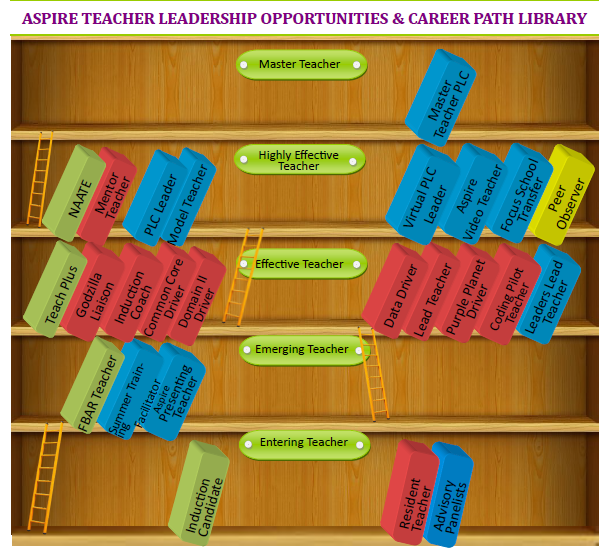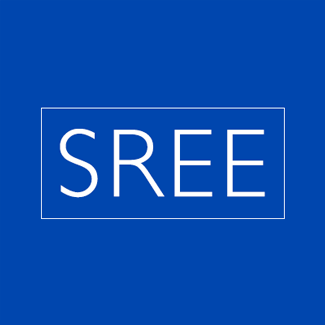Evaluation Concludes Aspire’s PD Tools Show Promise to Impact Classroom Practice

Empirical Education Inc. has completed an independent evaluation (read the report here) of a set of tools and professional development opportunities developed and implemented by Aspire Public Schools under an Investing in Innovation (i3) grant. Aspire was awarded the development grant in the 2011 funding cycle and put the system, Transforming Teacher Talent (t3), into operation in 2013 in their 35 California schools. The goal of t3 was to improve teacher practice as measured by the Aspire Instructional Rubric (AIR) and thereby improve student outcomes on the California Standards Test (CST), the state assessment. Some of the t3 components connected the AIR scores from classroom observations to individualized professional development materials building on tools from BloomBoard, Inc.
To evaluate t3, Empirical principal investigator, Andrew Jaciw and his team designed the strongest feasible evaluation. Since it was not possible to split the schools into two groups by having two versions of Aspire’s technology infrastructure supporting t3, a randomized experiment or other comparison group design was not feasible. Working with the National Evaluation of i3 (NEi3) team, Empirical developed a correlational design comparing two years of teacher AIR scores and student CST scores; that is, from the 2012-13 school year to the scores in the first year of implementation, 2013-14. Because the state was in a transition to new Common Core tests, the evaluation was unable to collect student outcomes systematically. The AIR scores, however, provided evidence of substantial overall improvement with an effect size of 0.581 standard deviations (p <.001). The evidence meets the standards for “evidence-based” as defined in the recently enacted Every Student Succeeds Act (ESSA), which requires, at the least, that the test of the intervention “demonstrates a statistically significant effect on improving…relevant outcomes based on…promising evidence from at least 1 well designed and well-implemented correlational study with statistical controls for selection bias.” A demonstration of promise can assist in obtaining federal and other funding.


